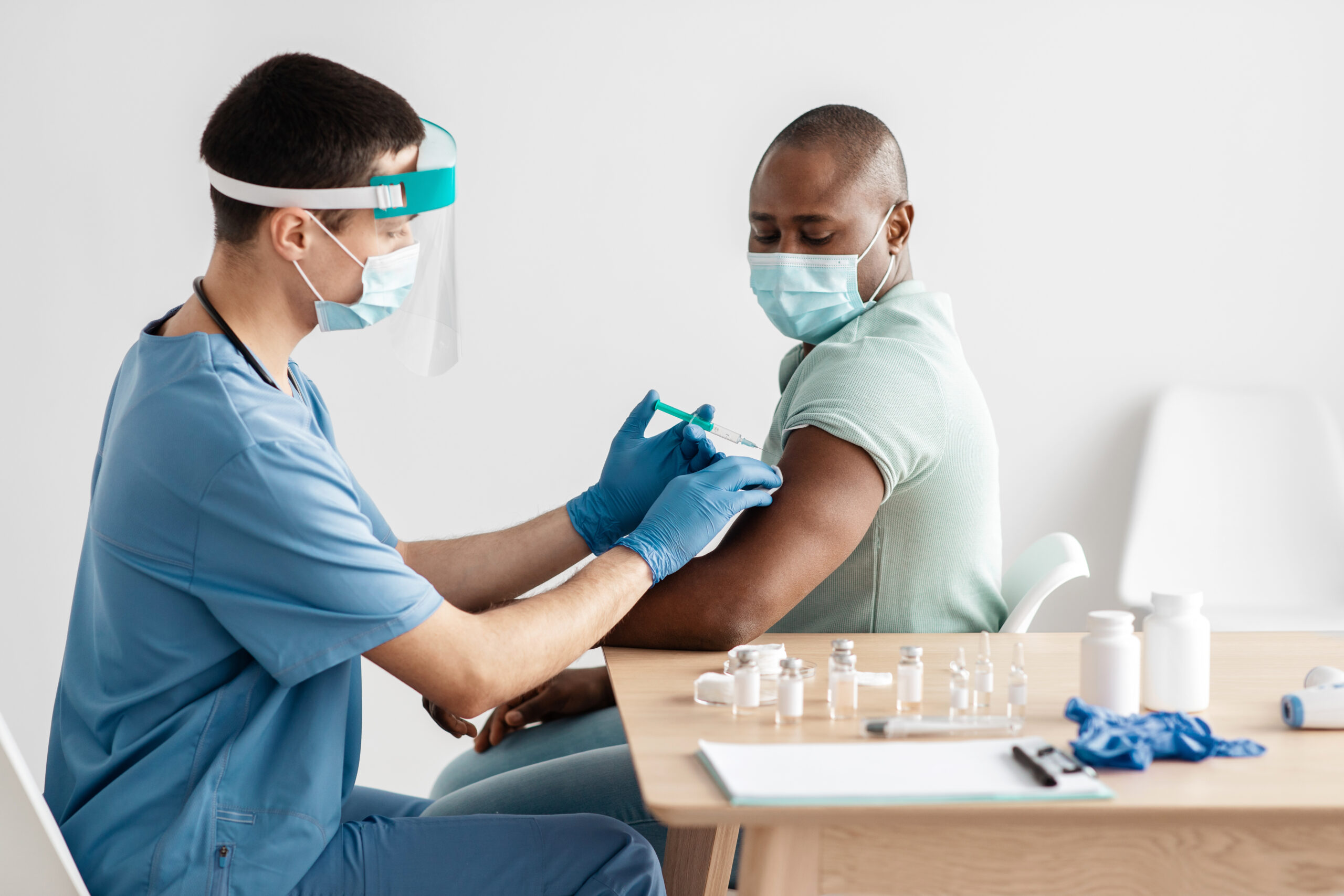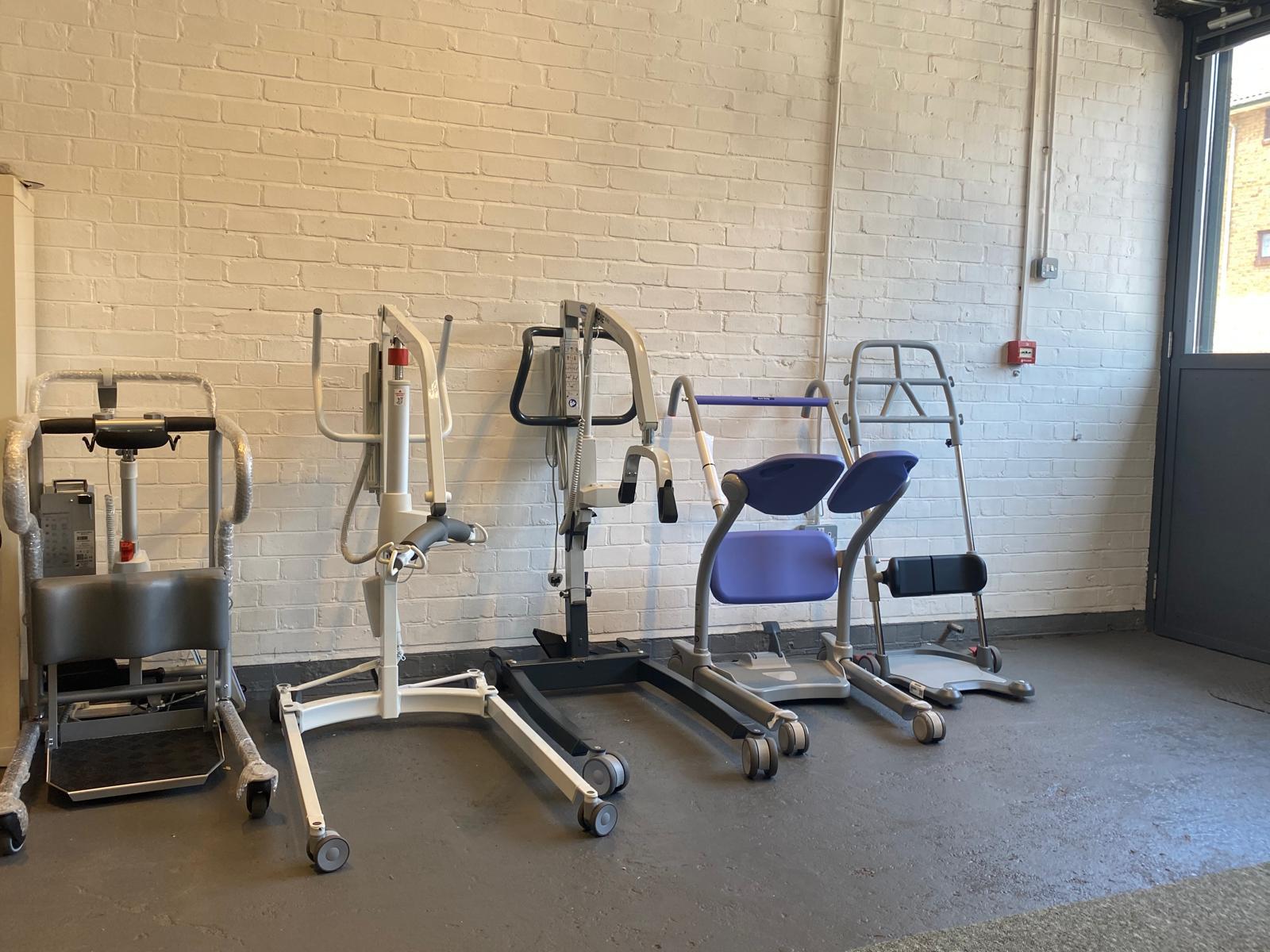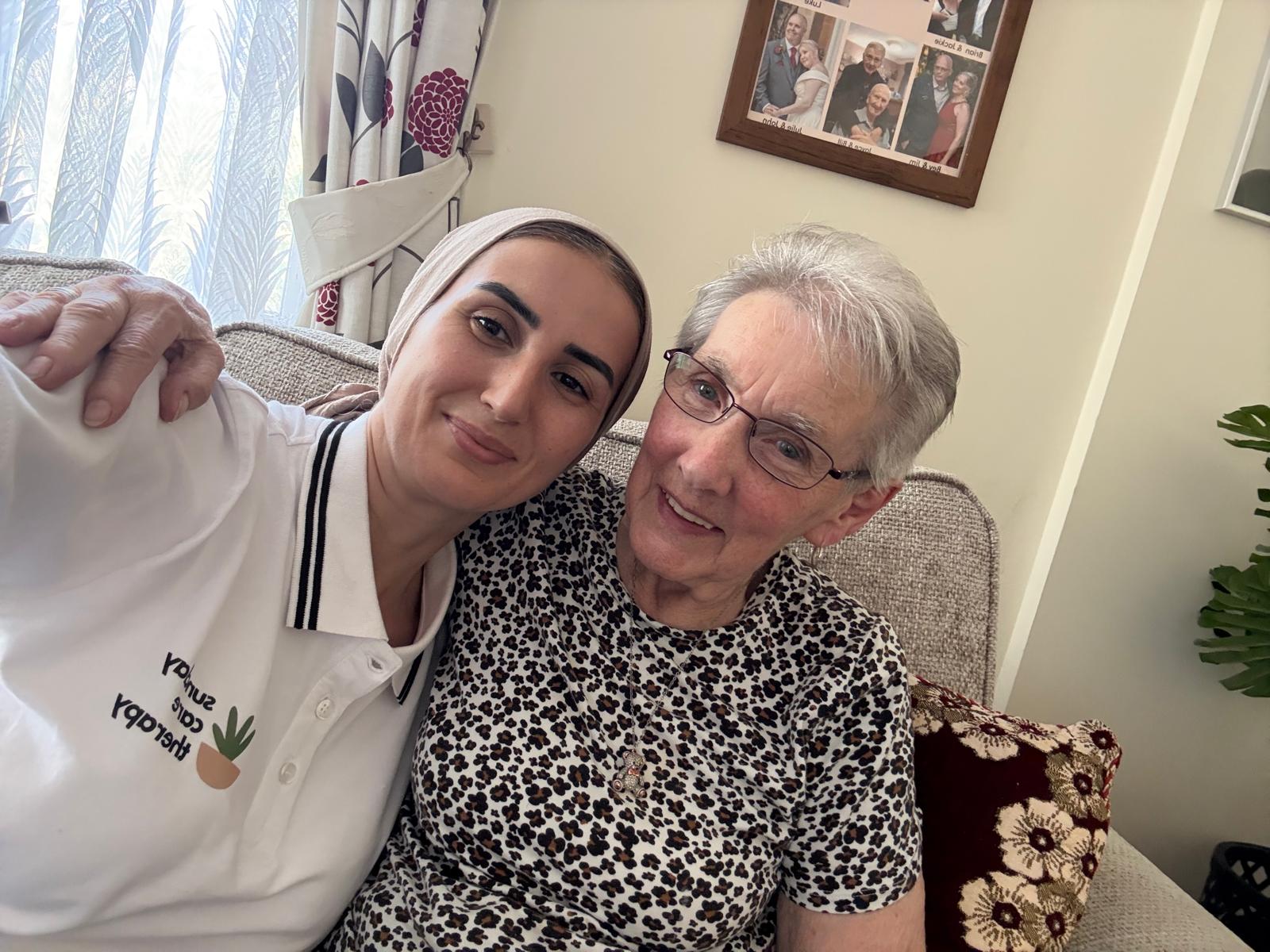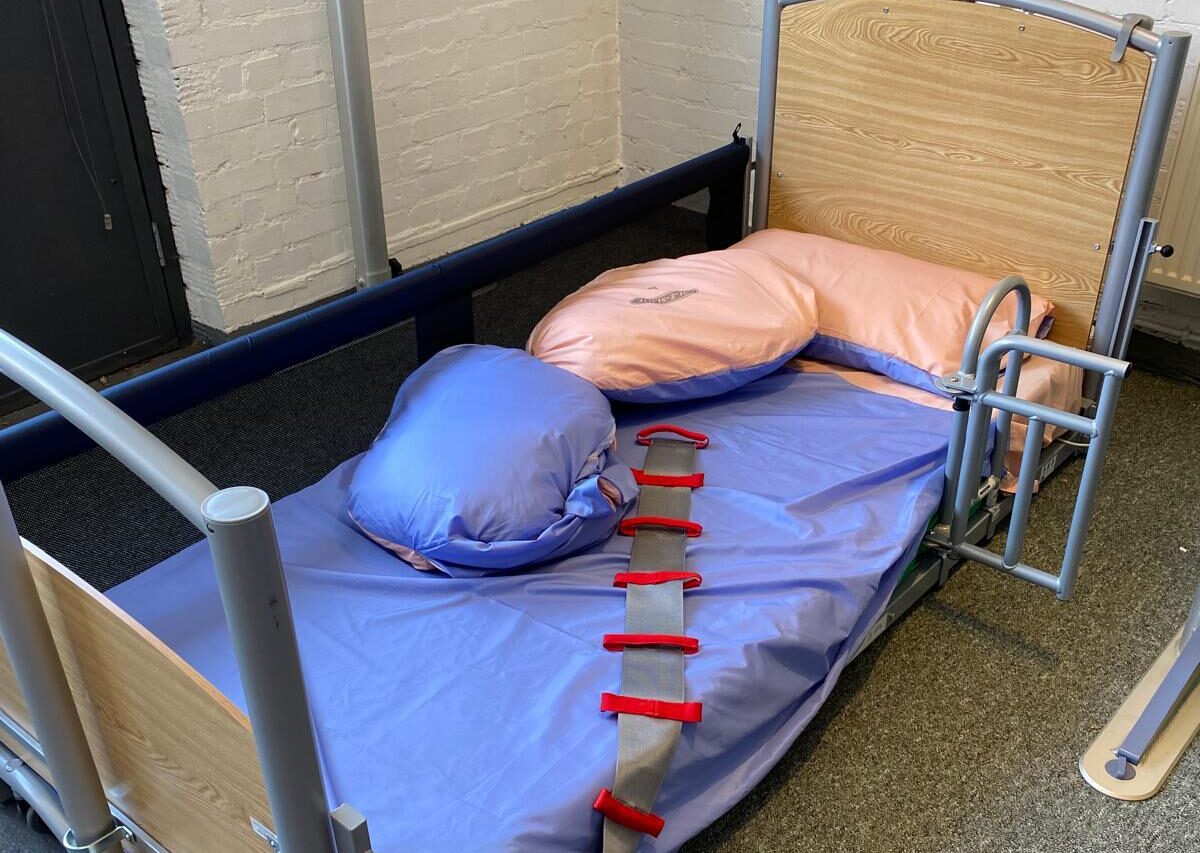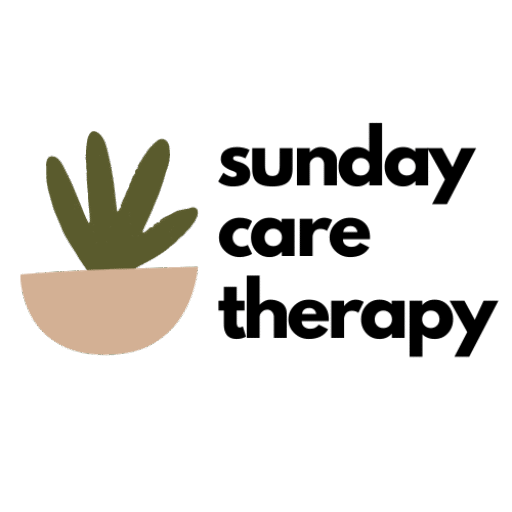
Have you had your Covid-19 vaccine yet?
Are you waiting to get the vaccine? Or have you already had the first one and eager to get called in for the 2nd?
Read on for Sunday Care Therapy’s founder Derek on his personal experience on the vaccine for both himself and on behalf of his Aunt. And he shares his top tips to ease through the vaccine process!
8 Things to do after you’ve had the Covid-19 vaccine

-
If possible straight after the injection, go for a walk, if possible a brisk walk.
-
The side you have the injection on give your armpit a little rub to move things along.
-
Drink water, it helps the immune system
-
Avoid alcohol, a diuretic and bad for immune system.
-
Take a paracetamol before bed, to reduce any mild fever.
-
Reduce your sugar and meat intake, known to cause chronic inflammation.
-
Eat plenty of fresh fruit and veg, I would recommend, cherries, rocket and beetroot. All great for recovery and lowering inflammation.
-
If in pain, do some gentle ranging – moving your body through your range of motion eg. moving your arm up over your head, just slowly move your body through the pain.
Not only will these top tips boost your immune response to the vaccine, but will have you out the other side feeling 100% back to your best again before you know it!
Even Gladys at 91 years old, did her exercises the next day, so no excuse!
Derek & Gladys’ experience with the Covid-19 vaccine
I was blessed to be one of the first to get the Covid-19 Vaccine from Oxford AstraZeneca, I am the main carer for my 91 year old aunt, Gladys, who lives with me. Gladys is house bound and experiences Alzheimer’s Dementia. As she is house bound we had to wait for vaccine’s to be administered via home visits before she could get vaccinated. As her carer I am also eligible, so two birds one stone, the GP came out and did us both at our home.
As her main carer, this was a massive relief for me. In reality not much is going to change, we still have to be super strict with shielding, limiting contact as much as possible, ensuring all health professionals who visit wear their Personal Protective Equipment (PPE) and of course wash our hands when smart to do so.
For me, the main relief is knowing that the risks of contracting Covid-19 have reduced, even if it is only a small amount.
We all have been under a lot of stress over the past year, financial worries, social isolation a long dark cold winter. It all plays it’s part, so something like the vaccine gives that glimmer of hope.
It’s the proof and validation that everything you have been doing, no matter how hard it has been will be worth it in the end.
Part of Gladys’ Alzheimer’s presents with her becoming fixated on different items, usually something she picks up in the news. Recently she has become fixated with Covid-19 Vaccines and how a lot of people are scared to take them. In January, before she would go to sleep she would tell me about a pain she had in her chest, after investigating it, it turned out to be anxiety. She had worked herself up over the vaccine, based on what she’d seen on TV, fearing that it would kill her.
To combat this, the news last thing at night was banned. Alongside this, every evening we did some breathing exercises together and paracetamol was prescribed. Despite this, the idea had become fixed and the fear was real.
When we got the call to say the GP would come out and administer the vaccine, I had to have a conversation with Gladys to make sure she understood the risks of having and not having the injection, she slept on it and consented to be vaccinated.
If you are getting a loved one to consent to being vaccinated, and in particular in supporting someone with a cognitive impairment in getting the vaccine. Here are my top tips:
-
Consent, check and check again. Health professionals should check for capacity and best interests.
-
Timing, Gladys reiterated she wanted the Vaccine, but if you asked her straight after watching the news, during an alarming feature, would she of been more resistant?
-
Give information in small bite size pieces, as clear as possible.
-
Distraction, no one likes having an injection, find out the best way to put someone at ease, for Gladys it was counting other people it might be listening to music. Or try humming, the secret to relaxation!
The day arrived! The GP was fantastic, I sat down in front of Gladys and the GP administered my injection first, I literally felt nothing! Next up was Gladys, I held her hands and asked her to count to 20, Gladys can really on focus on one thing at a time and by getting her to count to 20, she completely didn’t notice the injection being administered.
All in all it was a great experience, Gladys got to see her GP face to face for the first time in over a year – meeting with people was and always will be her favourite thing! She has always loved social engagements and it’s a almost a bonus that we both got vaccinated while she enjoyed the visit.
That evening, Gladys was given an extra paracetamol before bed and slept well.
The next morning I woke feeling bad. I had aches, from the bottom of my feet to the top of my head. My arm was so sore, my throat was sore, upset stomach, cough. Everything from the very common and uncommon side effects list hit me and hit me hard. I dreaded going into see Gladys, as if she had any of these symptoms it would be much worse for her to cope with them
6am I knocked on her door and went in, she was still fast asleep, but when she woke she was in great health, all the poor symptoms I had she had none, in fact her her anxiety around Covid-19 and the Vaccine was gone completely.
I mustered my energy and got her out of bed, gave her breakfast and sat down to feel sorry for myself.
I mentioned to friends, family and colleagues (via Linkedin) that I was getting the vaccine and the general consensus was, take it easy, relax take time off.
As an unpaid carer to Gladys, however, we all know this isn’t possible. It is a 24 hour 7 days a week 52 weeks a year job.
After I did the first care call for Gladys I actually felt a little better more mobile. The pain was still there, but I felt I could cope better with it. I did however take the advice of literally everyone and sat down with a cup of tea and my guilty pleasure of scrolling through Linkedin!
After an hour I needed to get up to check on Gladys and go to the toilet, I noticed I was back to how I was first thing in the morning, maybe even worse.
So it got me thinking, with my Occupational Therapist hat on – what actually happens when we get a vaccine? Why do we feel bad?
The Vaccine is like a copy of the virus and once injected teaches your body to have an immune response, so if you ever do catch Covid-19 your immune system already knows how to deal with it. The pain in my joints (knees and armpit) is from my lymphatic system and the pain in my muscles is from inflammation.
How does the lymphatic system transport fluid around the body? From your movement.
The more you move the more the lymphatic system is able to push lymph from the outer reach of your body to your heart.
While it takes the body up to two weeks to build antibodies against the virus, light to moderate exercise can enhance your body’s response to the vaccine.
“Because exercise increases blood and lymphatic flow to our working muscles, it also increases the circulation of our immune cells. In turn our body produces more of those cells to maintain balance,” reports Dr. Shehab. From the Henry Ford Health System. And studies show that when people exercise close to the time they receive a flu shot, their bodies mount a greater response to the vaccine.
Not only that but light to moderate exercise is shown to improve your mental wellbeing.
Zimmerman, P. et al. in a paper discussing the factors that influence the immune response to vaccination, discusses that over the past year we have been under chronic stress, which may compromise our immune system, so the best way to strengthen it and get most benefit out of the vaccine maybe light to moderate exercise. You can do this by simply going for a brisk walk after your vaccine.

–
This was written by an Occupational Therapist, Derek Sleater, Co-founder of Sunday Care Therapy.
Occupational Therapy is evidence-based, so please find research referenced listed below:
References –
https://www.henryford.com/blog/2020/11/link-between-flu-vaccine-and-exercise
We Zimmerman, P. et al. Factors that Influence the Immune Response to Vaccination. Clin Microbiol Rev 2019;32(2)

